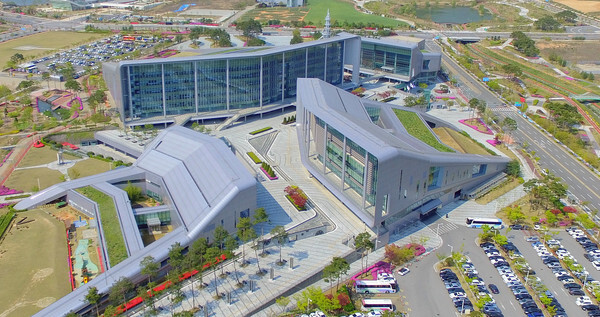
A comprehensive survey conducted by the Chungnam provincial government has revealed a significant uptick in the overall satisfaction levels of its residents. The 2024 Chungnam Social Survey, which polled 15,000 households across the province, indicates a positive trend in various aspects of life, from social cohesion to economic well-being.
The survey, conducted between March and December, found that residents expressed higher satisfaction with their lives, with a score of 6.53 out of 10. This marks a steady increase over the past six years. Notably, residents reported feeling happier and less worried or depressed.
In the realm of education, the survey introduced a new grading system, allowing for a more granular analysis. Results showed that satisfaction levels were highest for elementary schools, followed by middle and high schools. Moreover, parents expressed greater satisfaction with childcare facilities.
While the survey painted a generally optimistic picture, it also highlighted areas where improvements are needed. For instance, residents expressed relatively lower satisfaction with parking facilities and the frequency and efficiency of public buses.
"These findings offer valuable insights into the evolving needs and aspirations of our residents," said [Name], a spokesperson for the Chungnam provincial government. "The data will serve as a cornerstone for developing targeted policies that enhance the quality of life for all Chungnam citizens."
Key findings from the survey include:
Rising satisfaction with family relationships: Residents reported stronger bonds with their spouses' siblings.
Improving labor market conditions: Workers expressed increased satisfaction with their working conditions, despite a slight increase in average working hours.
Growing income satisfaction: Residents reported higher levels of satisfaction with their household income.
Continued investment in education: Parents reported spending more on private education.
The provincial government plans to leverage these findings to address pressing issues and capitalize on emerging opportunities. Initiatives may include expanding public transportation networks, improving parking infrastructure, and investing in affordable housing.
[Copyright (c) Global Economic Times. All Rights Reserved.]






























